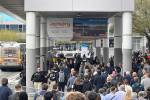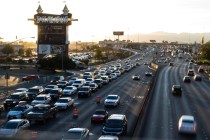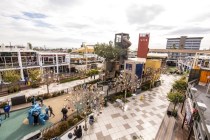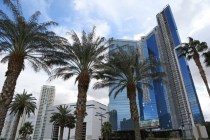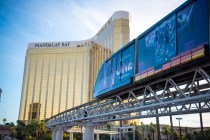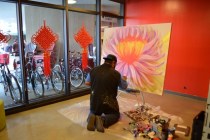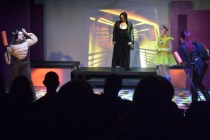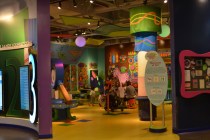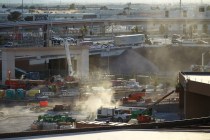Small business owner took chance with cross-country move
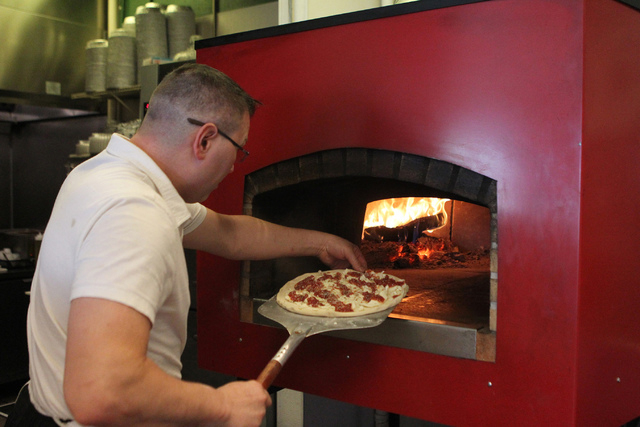
When Ralph Pota decided to come to the valley from the New York City area, he wasn’t aware that Las Vegas was one of the hardest-hit cities in the recession. He just knew housing prices were down and he was tired of cold winters.
He opened Bambino’s East Coast Pizzeria, 2555 S. Durango Drive, in October 2014 with five employees, putting in long hours every day, often working until midnight daily for months on end. Exhausted, Pota finally ratcheted the business back to six days a week during the summer. With the return of cooler weather, the eatery is back to being a seven-day operation.
How does he see the local economy?
“There’s been some serious growth,” he said. “Now, when I drive up and down the 215, I see construction everywhere. That tells me things are moving in the right direction. We see it in our business. Things are picking up, and I just ordered another oven to handle it.”
Almost two years after opening, the business has nine employees and is looking to expand its reach.
“If I could get the right help — someone who could do things the way I need them done — I could open (another location),” Pota said. “The demand is here.”
Neon Rebirth: The post-recession American Dream in Las Vegas




